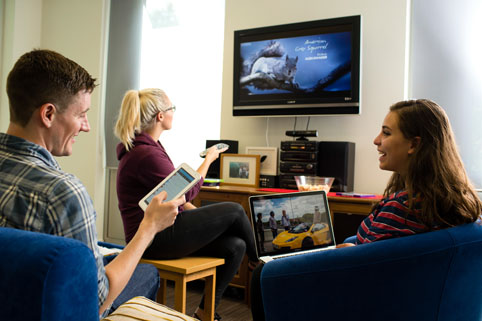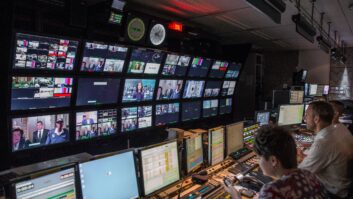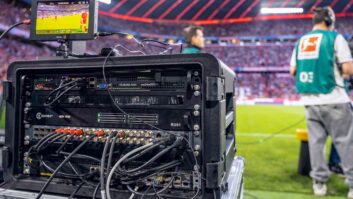
Most university students fail to understand the difference between recorded TV and catch-up services, according to research released by TV Licensing.
Almost 60 per cent of current university students are unsure about TV terminology, which has evolved in recent years to describe advancements in technology and TV viewing habits, including streaming, downloading, on demand and recording.
Over half of those surveyed (56 per cent) thought recording a live episode of Game of Thrones to watch later would be an example of ‘catch-up TV’.
The results suggest young people may not realise when they need a TV licence, for example, to record their favourite TV series.
The survey also revealed 22 per cent of respondents thought streaming the Wimbledon final live on iPlayer would be an example of ‘catch-up’. This suggests some students wrongly assume a licence is not needed to watch live TV on iPlayer.
The majority (84 per cent) correctly said watching yesterday’s episode of The Only Way is Essex on ITV Player would be an example of ‘catch-up’ TV.
Kim Hayman, spokesperson for TV Licensing, said: “We understand students are streaming, downloading, recording, using catch-up services and watching live TV on devices. There are so many ways to watch the programmes you love, so to help undergraduates decide if they need to buy a licence, we are encouraging them to read the FAQs at tvlicensing.co.uk/studentinfo before the big move.
“The Government has announced it will bring forward legislation in the next year to modernise the licence fee to cover public service broadcast catch-up TV. Until then you need a licence to watch or record programmes at the same time as they are shown on TV, or live on an online TV service.”
Harry Wignall, third year Business and Management student at Oxford Brookes University, said: “If I’m watching TV on my laptop I wouldn’t necessarily think to define it as ‘live’ or ‘catch-up’. I’ll often be watching Game of Thrones, football or a film on Netflix, but sometimes I use YouTube and iPlayer too. Having all these definitions can sometimes make it confusing to understand when a licence is needed, especially when it’s all just TV to me.”
Recent research by TV Licensing shows the average student owns three devices at university which are capable of streaming live TV with four out of five students watching television content via any device. Students will need a licence if they are watching or recording TV programmes at the same time as they are broadcast, whatever device is being used to view. Generally speaking, students won’t be covered by a communal TV licence or their parents’ licence.







